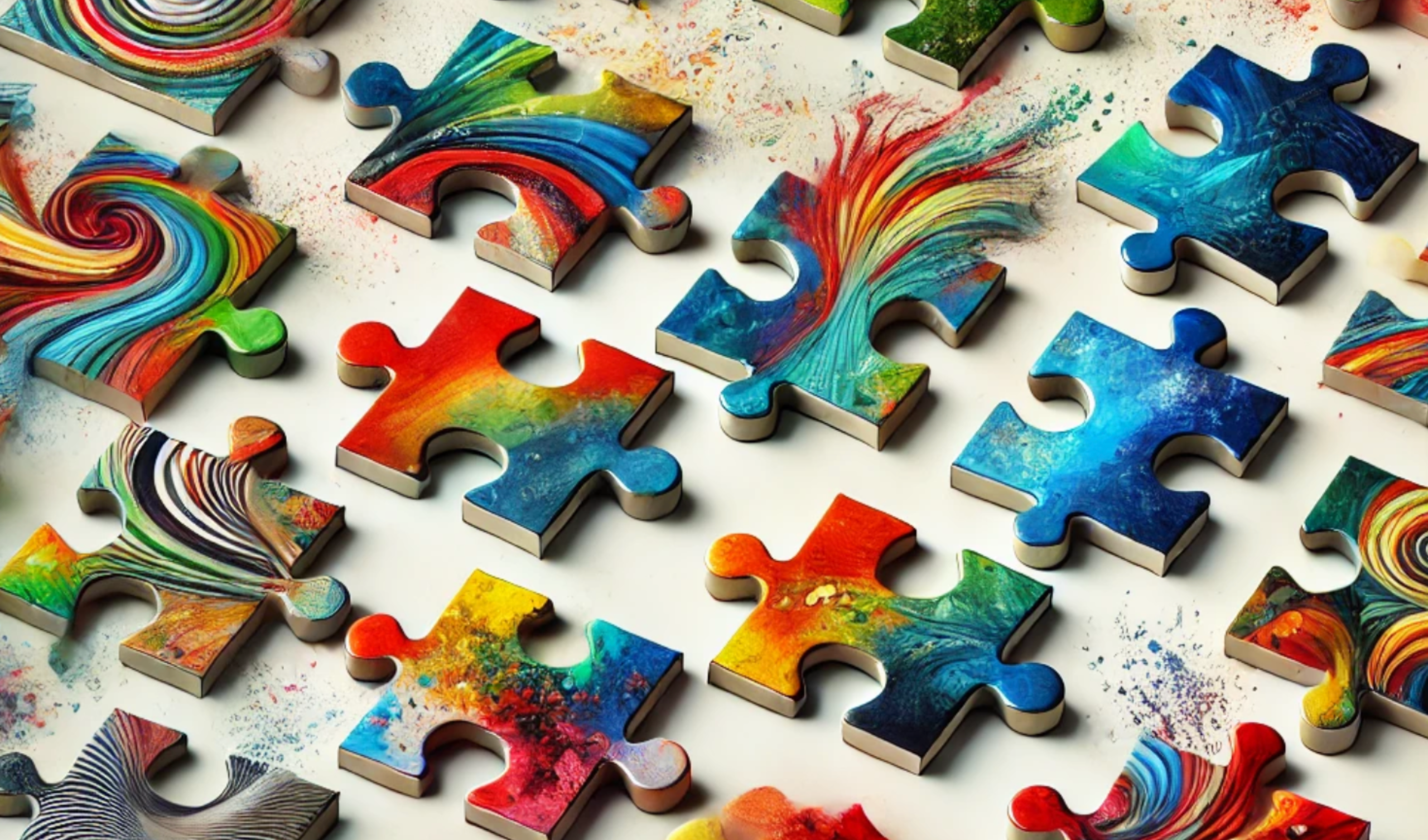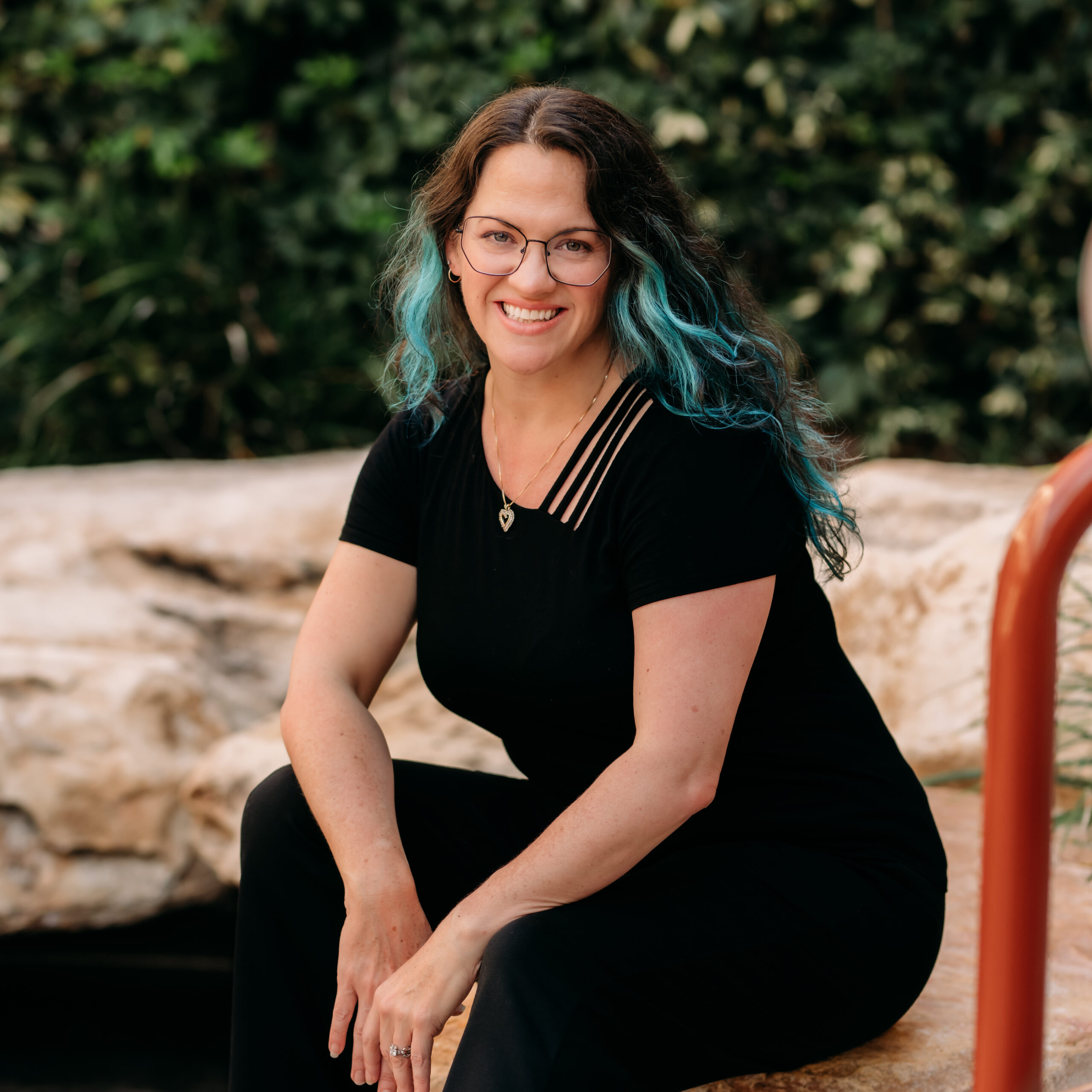
Gathering the Pieces of My Scattered Mind
Gathering the Pieces of My Scattered Mind
By Kathleen Moye
I just finished reading Scattered Minds by Gabor Mate՛, and it is a book I have been recommending to clients and parents left and right. Attention Deficit Disorder (ADD) tends to impact not just individuals but entire households, as behaviors and challenges become habits and patterns of “that’s just how we do things.” Though, typically, my clients and families are looking for more effective solutions.
As Mate՛ describes, ADD minds are constantly scanning and responding to their environment. It is an extremely sensitive state of existence, and unfortunately can come across to others as the exact opposite: seemingly unaware or disconnected from the world around them. Mate՛ emphasizes that from his research, the ADD state of being is one that develops due to an overload of input due to their sensitivity and difficulty filtering amid the chaos that the world provides. In one’s natural state, such sensitivity is the fertile ground for innovation, creativity, discovery, and wonder. It’s a powerful gift in many ways, but the ADD mind struggles without the opportunity to manage the flow of inspiration and possibility.
There were enough “aha” moments while reading this, that I could do a whole series of articles, but for now, I’d like to share the takeaway of his list of nine environmental conditions to consider when working on development and care of a highly sensitive brain.
- The Physical Space - One’s physical space can either help to harmonize or disorganize the mind. The ADD mind is sensitive to the physical environment. Even if a person believes they thrive in chaos, it is more likely an adaptation (that requires invisible efforts and energy), not an ideal state. Setting small goals and working toward incremental organization of one’s physical space pays off in improved mental organization as well.
- Sleep Hygiene - Challenges with going to sleep at night may be associated with underlying separation anxiety. It may also be attributed to a person finding it easier to focus once everyone else is quiet and life distractions abate. However, the mind deprived of rest is unable to regenerate and refresh, effectively making attentiveness and emotional regulation even more complicated.
- Nutrition - The sensitivity of the ADD mind is as affected by internal cues as well as external ones. Avoiding blood sugar drops or sharp increases and staying fueled throughout the day are priorities to maintain focus more effectively.
- Physical Exercise - “Internal sluggishness undermines alertness and attention” (pg. 288). The chemical boosts resulting from exercise improve mood, focus, and motivation, and it is an effective way to release stress and tension that builds up throughout the day.
- Nature - Connecting with nature is grounding and provides essential resets for the ADD mind and increases a sense of harmony and balance to a frenetic internal state and mood. It has numerous other benefits, including supporting a person in slowing down and noticing small details and connecting with awe to see a bigger, more flexible picture.
- Extracurricular Duties - Assessing how many irons are in the fire and allowing space for rest is counterintuitive to the mind driven in multiple directions at once. Frankly, this is even harder living in a culture that celebrates constant productivity and presence to meet a variety of demands (clubs, overtime, school functions, traffic!). However, ADD symptoms of emotional exhaustion, disorganization, and difficulty focusing may be self-perpetuating, when a person struggles to grant themselves the necessary time to develop more stillness, focus, and peace of mind.
- Recreation - Evaluate how your activities feed or refresh you. Passive entertainment (endless TV or scrolling social media, anyone?) may catch our attention, as do shiny objects reflecting in the sun, and still not address the need for recreation effectively. Check in to see that activities are leading to moments of interest or relaxation where the mind and body are engaged or nourished, not just distracted.
- Creative Expression - The ADD mind chronically longs for some form of expression and freedom to use creative instincts. Both ADD and creativity are related to sensitivity to one's environment. On some level, a person deprived of opportunities or space to create is a person limited in resources for managing the onslaught of sensory and emotional input that their world naturally delivers. Reconnecting with creative instincts can be a grounding and liberating process as well as potentially discovery of talent, opportunities and self-fulfillment.
- Meditation and Mindfulness - Our ability to effectively engage with others is connected to how balanced we feel within ourselves. In other words, we are more likely to become aware and make conscious choices about our own actions when we can access an internal pause. Such spiritual or metaphysical awareness helps develop the mind to respond rather than react and to pay attention in self-compassionate and effective ways to one’s internal and external environments. (Perhaps increasing one’s ability to address items 1-8 on this list as well.)
This book connected for me, not just for understanding more about the ADD diagnosis and one’s natural sensitivity, but also for exploring how habits develop and at times war against each other within families. It felt accessible and non-textbook like, yet packed with practical tips, explanations, neuroscience, and compassion. It’s one I imagine I’ll be re-reading and referencing in the future as well.
Ready to explore strategies for supporting a highly sensitive brain?
Discover how adjustments in daily habits, creative expression, mindfulness, and connection with nature can transform the challenges of ADD into opportunities for growth and fulfillment.
Contact us today to learn how we can support you or your family on this journey to greater balance and well-being.

Written by:
Teen & Adult Psychotherapist, Drama & Expressive Arts Therapist

